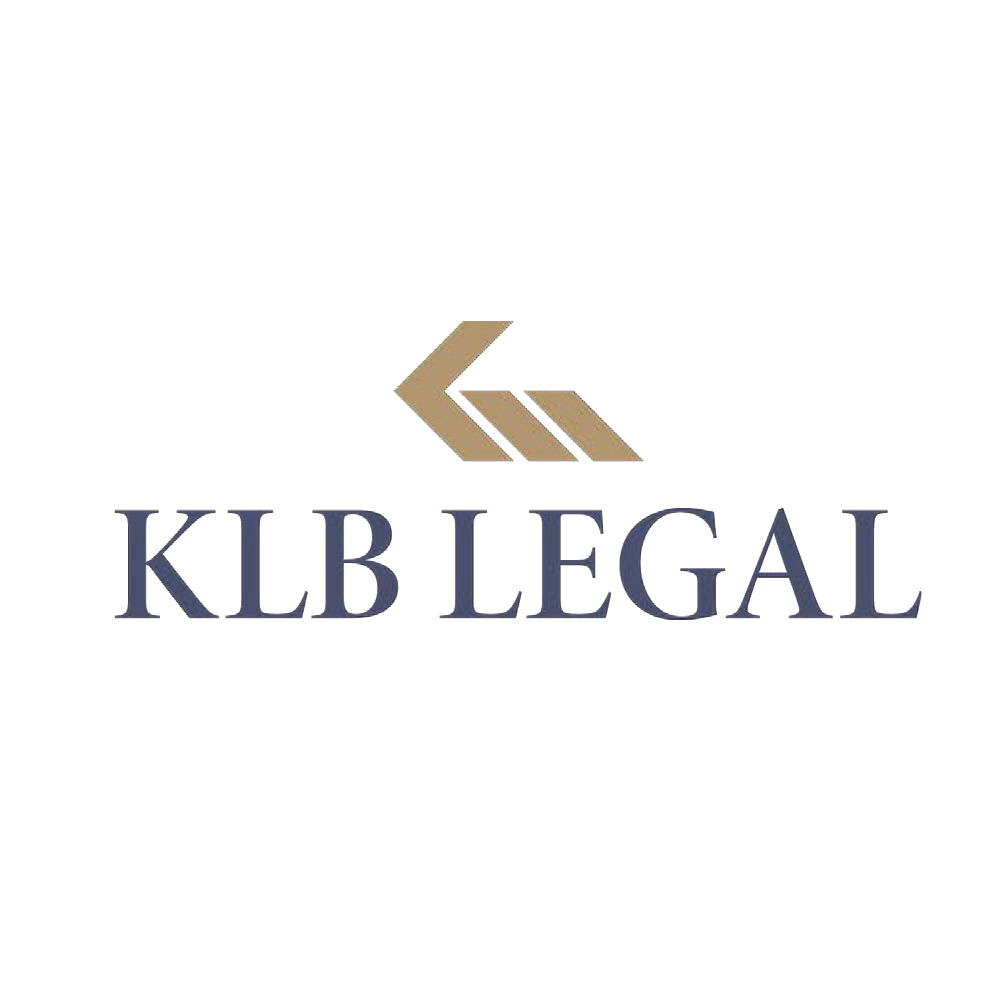Name: KLB Legal
Address: Letenská 121/8, Malá Strana, 110 00, Praha 1, Czech Republic
Telephone: +420 739 013 183
Email: info@klblegal.cz
Website address: www.klblegal.cz
Key contact: Veronika Civínová, Lawyer, civinova@klblegal.cz
Established: 2013
Number of lawyers: 11
Languages: Czech, English, German
Brief description:
KLB Legal was founded in 2013 by attorneys-at-law David Kuboň, Vojtěch Láska and Petr Budzinski. David and Vojtěch have gained many years of experience working for international law firms and leading Czech investment banks; Petr was a top litigation attorney with experience in restructuring troubled companies. Since then, KLB Legal has grown into a medium-sized law firm providing comprehensive legal advice in all areas of law. In terms of the law of capital markets, compliance, securities, structured financing, investment funds, damages and class dispute settlement, we undoubtedly rank among the few top lawyers with such specialization and unique know-how in the Czech Republic.
Key practice areas:
Financial law, Capital Markets law, Corporate law, Damages, Injury Compensation, Litigations, General Civil law, Class Dispute Settlement, Insolvency law.






